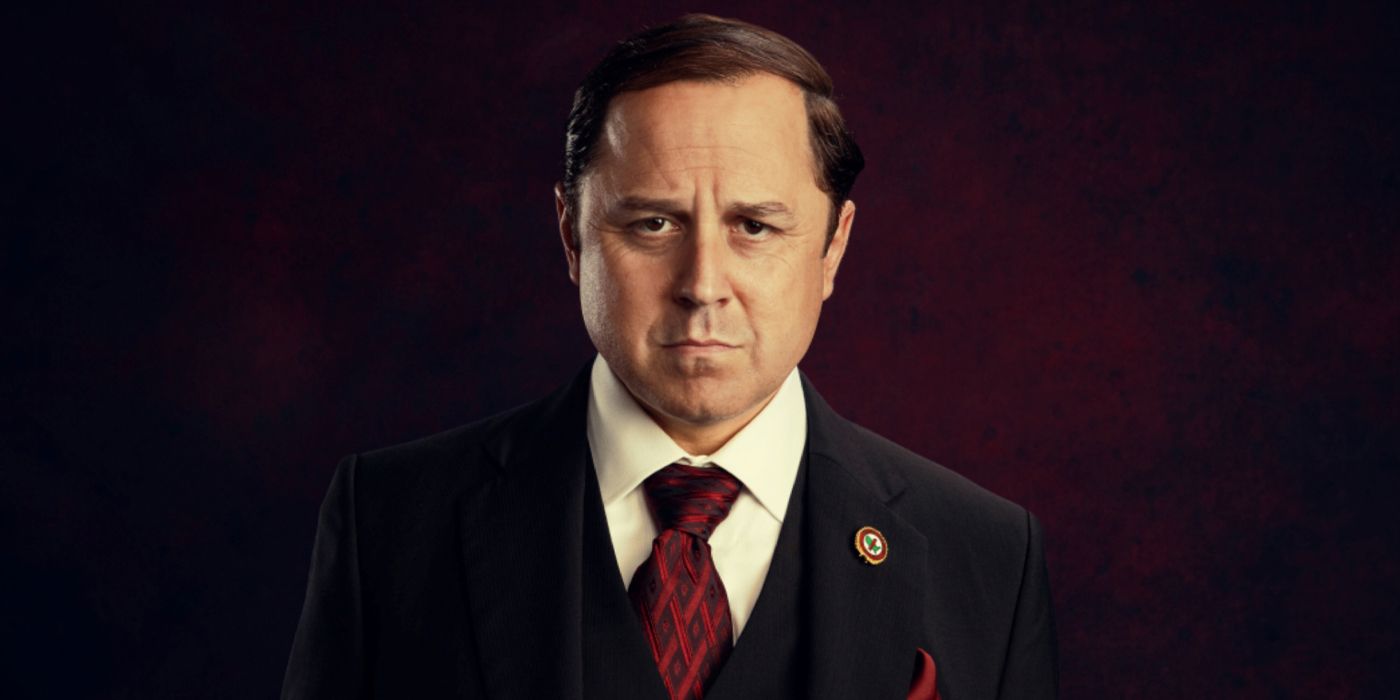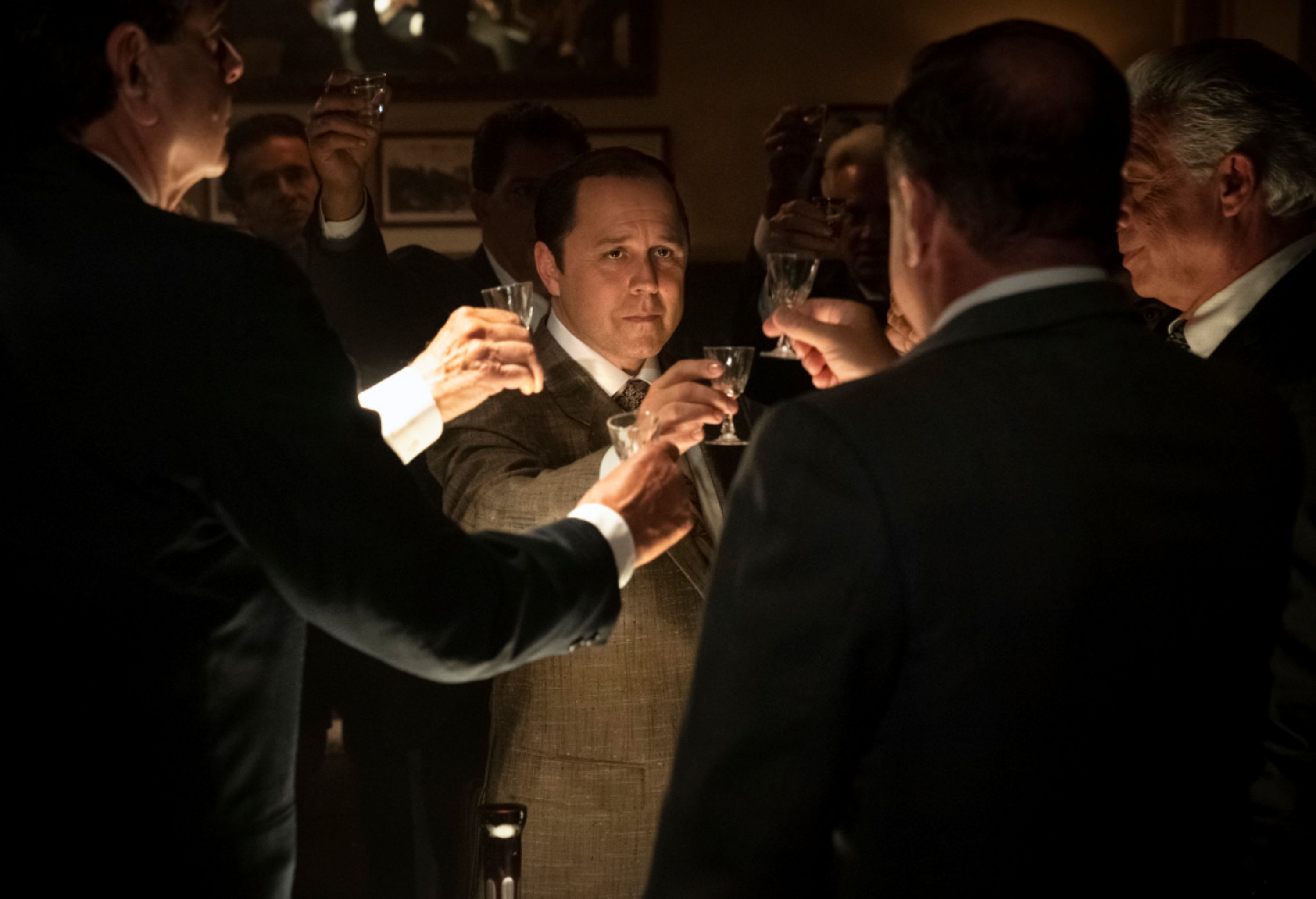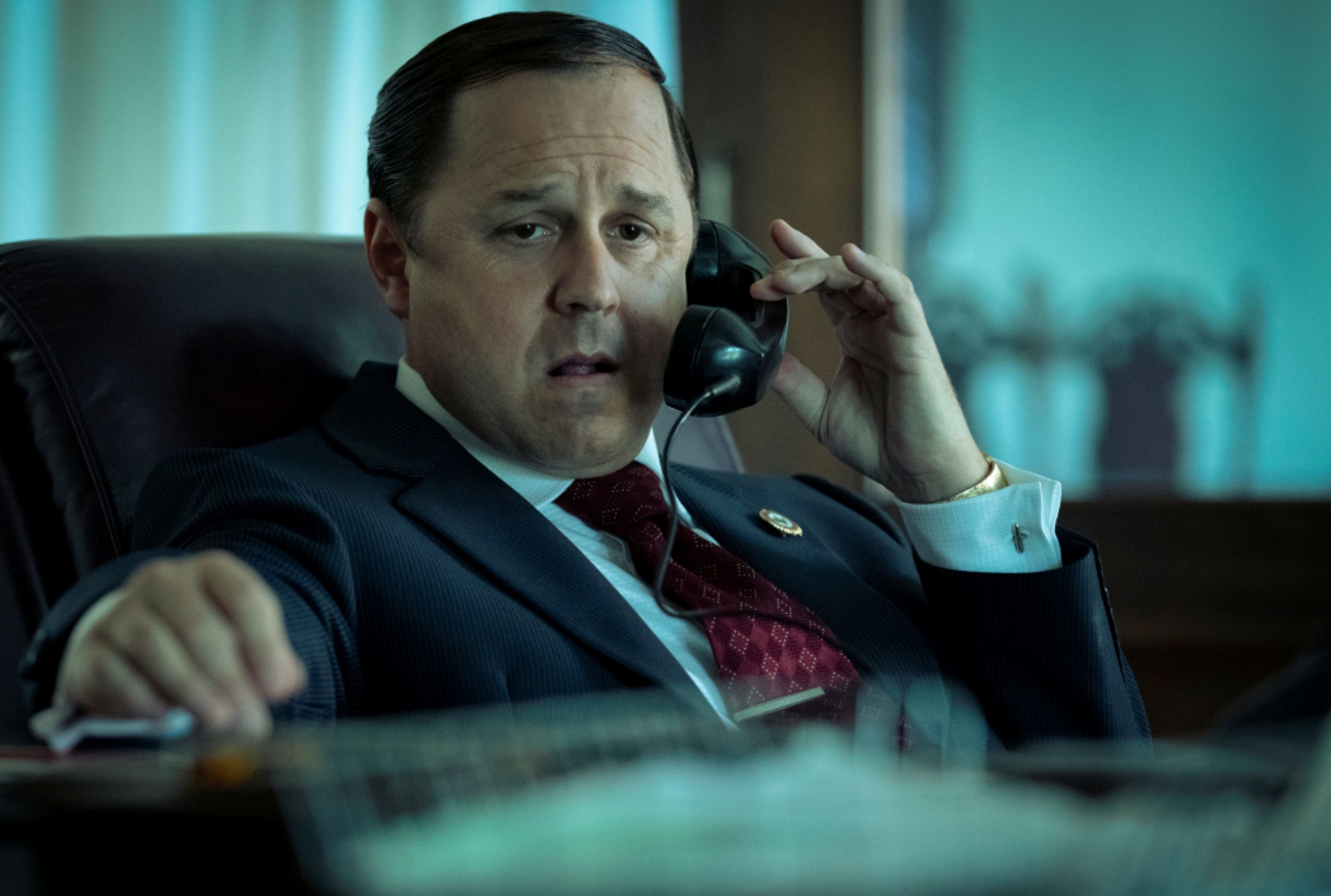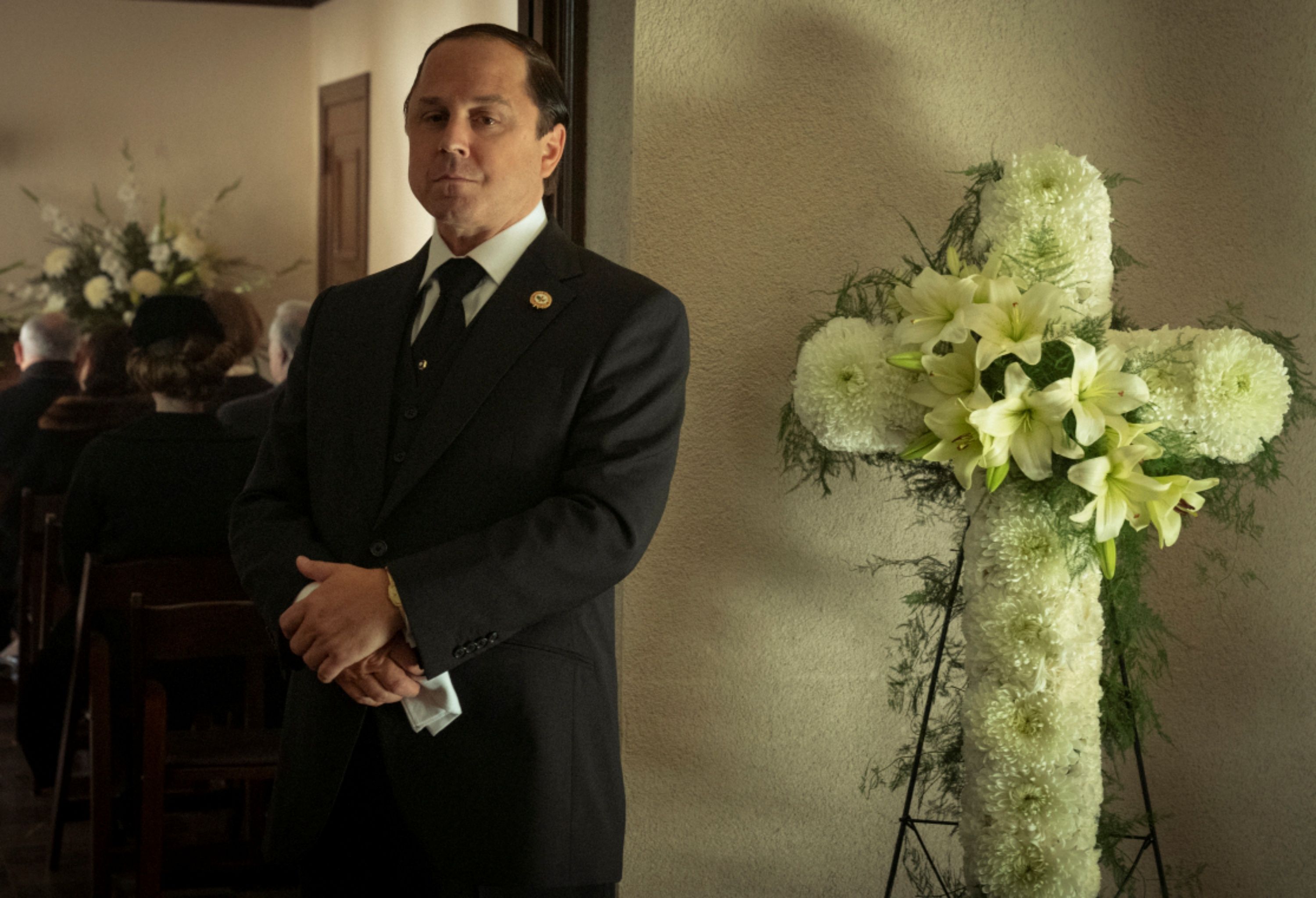Based on the extraordinary experiences of Academy Award-winning producer Albert S. Ruddy while making The Godfather, the Paramount+ original series The Offer shows the wild journey the New York City gangster film that had the approval of the actual mob remarkably took on its way to becoming one of the great cinematic masterpieces. In order to make the movie happen, Ruddy (Miles Teller) needed to get Paramount Pictures’ head of production Robert Evans (Matthew Goode), mob boss Joe Colombo (Giovanni Ribisi), the money guys (Burn Gorman, Colin Hanks), author Mario Puzo (Patrick Gallo) and director Francis Ford Coppola (Dan Fogler) all on the same page long enough to finish the production and assemble what they all knew it had the potential to be.
During this 1-on-1 interview with Collider, Ribisi talked about why this role terrified him, finding the character during the rehearsal process, the biggest challenge he had to overcome, what endeared him to the mobster he was playing, and how everything he learned from this project makes him look at The Godfather differently now.
Collider: Actors talk a lot about wanting to find roles that scare them, and this seems like this would definitely be one of those roles. Was it one of those roles, for you? Did you find it scary?
GIOVANNI RIBISI: I was terrified, yeah. That was one of the reasons why I thought, “Everything in me is saying no, so you might as well do it.” I’ve never felt more remote from a character, but we had three or four months to prepare and work on it. Working with Dexter Fletcher, there was a two-week rehearsal period, so it wasn’t necessarily as nerve-wracking as I thought. Ultimately, we jumped off the cliff, and voilà.
What did you see as the biggest challenge? What did you think was going to be the biggest hurdle to overcome?
RIBISI: Definitely putting on the weight was somewhat of a challenge, just in the time period and being a little older now. I was just trying to do that and be as healthy as I could about doing that. But it really came down to the voice and figuring out what that was, and realizing it would never be exactly perfect or accurate as to what it was. At the end of the day, I needed to find who I was within that. That sounds ridiculous and too saccharine, but it’s true. I needed to really make this my own, as did everybody else, including the writers and the producers.
When you’re doing something where it really is all-encompassing, from the look to the posture to the physicality to the way he walks and his voice, and it’s all of those things, do you have a moment where you feel like you’ve really gotten it, or do you never really fully feel like you’ve gotten it?
RIBISI: Yeah, I’m still waiting for that moment to come, after almost 40 years of doing this. That’s part of it, but that’s okay. I think that’s one of the things that you learn to embrace and go, “This is just the way it is.” You have to really trust the filmmakers, the people who do have objectivity and are watching you because it changes and it’s manipulated. Everything comes together or doesn’t, in the edit. That’s really the most important thing.
I thought it was so interesting that you’ve previously talked about how Dexter Fletcher reached out to the cast before rehearsals and had you write a biography and history on your characters, and then read those to each other. How did that help you, not only for you understanding your own character, but also just understanding everybody else’s characters?
RIBISI: It was great. It was like somebody said, “Hey, you wanna come swimming? Come on over to my house.” And then, they just push you into the pool. To take the metaphor further, you start swimming. It turned out to be this thing that everybody embraced. They didn’t have to, but they did. From there, it was the first building block to being one of the better experiences I’ve had. Sometimes, after years, it can be impersonal, and you see the next generation coming up, and it’s hard to identify with, but this was something where it truly became an elevated experience, from that two-week rehearsal.
It seems like taking on a mobster, especially a real-life one, is a daunting prospect and a challenge, no matter who the mobster is. What humanized him for you?
RIBISI: That was the biggest focus. From the outset, you go, “Okay, how do we avoid every stereotype and cliche, but still execute the story and deliver the goods,” in the sense that it’s not necessarily a genre piece. It’s not a gangster movie, but you are portraying something that already has an iconic nature within American culture. And so, I was fortunate enough to find a book that was co-authored by a guy named Don Capria, who’s a great writer, and Joe Colombo’s son, Anthony Colombo. It was essentially two different perspectives on the same trajectory. The thing that I loved about it was that it was looking at life from the home and from the son, looking at his father, with the personal effects and the humane, moral fiber of the way he dressed and why that was important, especially in the Italian American community, at that time, where he felt that there was a lot of racism. That was invaluable for me. That really helped to shape this idea. And those personal effects became very important, like a talisman for me.
I love how each of these characters really is the hero to someone and the villain to someone, depending on the situation and any given moment. If someone wants something from them, and they say no, they’re the villain, but if someone wants something from them and they say yes, they’re the hero. What did you enjoy about playing someone like that, who could make someone’s dreams come true and let them go ahead with making the movie, or literally end everything for them?
RIBISI: Yeah, there’s no doubt that the character that I was playing subscribed to a certain life. From the outset, he has a certain gravitas, and you could say that he’s a villain or a monster. But what I loved about the story was that there’s a change there. The movie focuses its lens through making a film as a producer, which I think is unique, in and of itself. The trials and tribulations and the possibilities of making a film, much less going up against a mob boss, which is what happened, in doing so, Al Ruddy met with him and really changed him, and not only changed him, but got his support, to the point where Joe Colombo was apparently helping him with other issues that he was having and opening doors for him. And so, with the idea that this person is a monster through one person’s eyes and a hero through another person’s eyes, he becomes that hero. He gave him his word and he stood by it, which is what endeared me to the guy.
Did this whole experience change your perspective or the way that you think about The Godfather now?
RIBISI: Yeah, a thousand percent. It’s just another reason to fall in love with the movie, all over again. It’s such a seminal movie. It’s one of those things where you just don’t feel right, if you don’t see it once or twice a year, or maybe more than that. It wasn’t just yet another thing that was churned out, it was somebody’s blood on that negative, in all its aspects and with everybody involved.
The Offer is available to stream at Paramount+.




